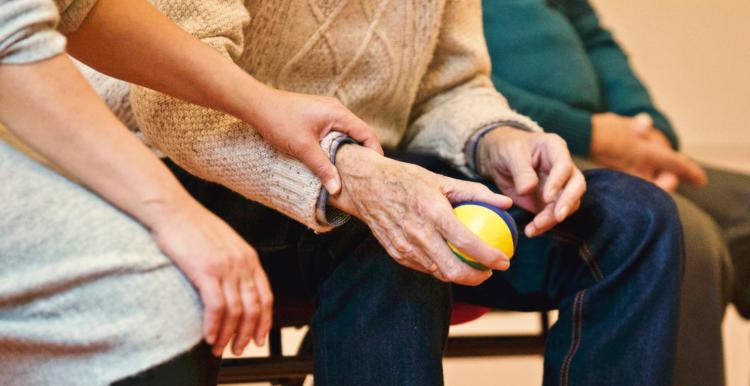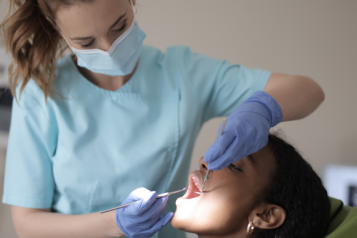Faster progress needed to tackle barriers to care

A new report looking at health and social care from the patients' perspective has warned that we risk "a two-tier health and care system" unless the NHS takes faster action to tackle access issues.
The Healthwatch England report examines ten key areas of care, including GPs, dentists, hospitals, and social care, based on the experiences of 65,000 patients.
While much of the support the NHS provides is good, the research has found accessing this support in the first place remains the biggest challenge people face.
The public's perspective: The state of health and social care highlights the following:
- barriers and delays to timely care affect nearly every part of the NHS and social care system;
- and when combined with issues such as the cost of living, this situation risks widening existing health inequalities.
For example, people in deprived areas wait longer for some care than those in affluent areas. Financially struggling individuals often avoid healthcare due to additional costs like travel. And many people are turning to private dental care due to a lack of access to NHS dentists.
In order to further explore access discrepancies between better-off people and those on lower incomes, we commissioned a poll looking at the use of private care today.
Key findings
-
People who are more financially comfortable were much more likely to be able to access free or discounted private GP appointments through their work than those who were less financially comfortable.
-
People in better jobs/financial positions were much more likely to access health-related workplace perks and healthy living perks.
-
Some, particularly young people, were advised to consider paying for private care by NHS staff.
Two-tier health system
We're seeing a two-tier system emerge, where healthcare services are accessible only to those who can afford it. The ongoing struggles to access care are deepening the existing health inequalities while putting the lives of many people at risk.
There's a body of research showing that people who live in deprived areas face ongoing challenges in accessing care and have poorer health outcomes.
According to the Office for National Statistics (ONS) data, GP practices in the most deprived areas have around 300 more patients per fully qualified doctors compared to the least deprived areas.
Healthwatch England's research on the cost of living last year showed people struggling financially or who received income from benefits, and young people were more likely to avoid going to the dentist, attending/ travelling to a GP appointment or buying over-the-counter medication.
Calls to action
Healthwatch wants to see a health and care system that works for everyone.
While healthcare leaders have recognised growing health inequalities and have taken some action to tackle access issues, we need faster progress with national recovery plans, and a greater focus on ending inconsistent experiences across different areas and demographics.
Healthwatch England has set out immediate solutions for the NHS, commissioners and service providers.
Improve access for the most vulnerable by ensuring that:
- Commissioners and providers take all opportunities to provide early or ongoing support through additional staff roles, including mental health practitioners, peer support workers, and school-based teams.
- The NHS covers transport and accommodation costs where patients choose to travel for quicker treatment at another setting
- Better signposting to support services, including voluntary organisations and services that support unpaid carers.
Improve patient communications by ensuring that:
- There are improvements to online referral trackers, so people waiting for care know what is happening with their care.
- More proactive NHS communications with patients while they wait for treatment.
- Single points of contact, either in person, over the phone, or via the NHS app, so patients waiting for care can give feedback about issues or changes in their condition.
Find out more
The public's perspective: The state of health and social care outlines ten key issues facing healthcare services today.


